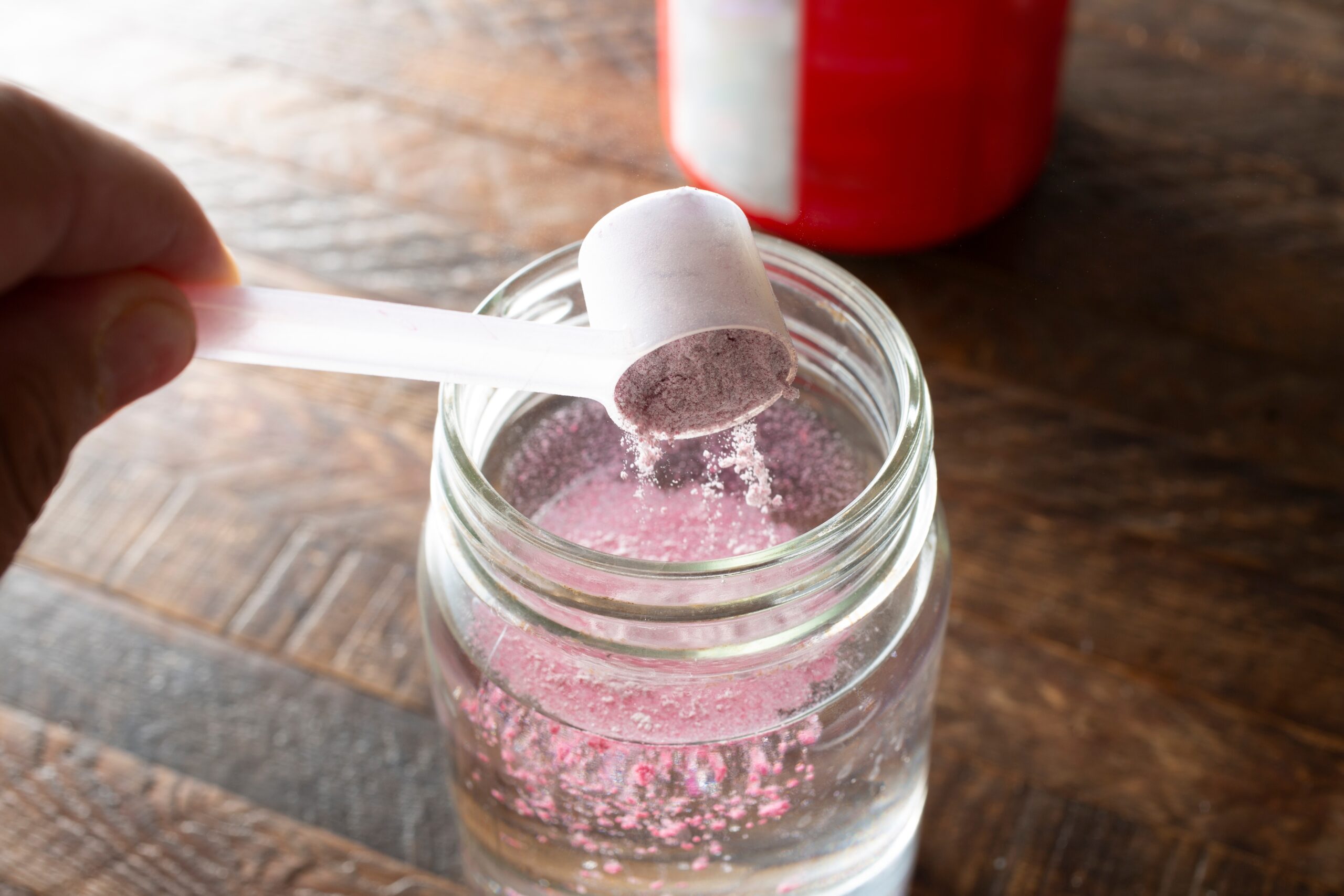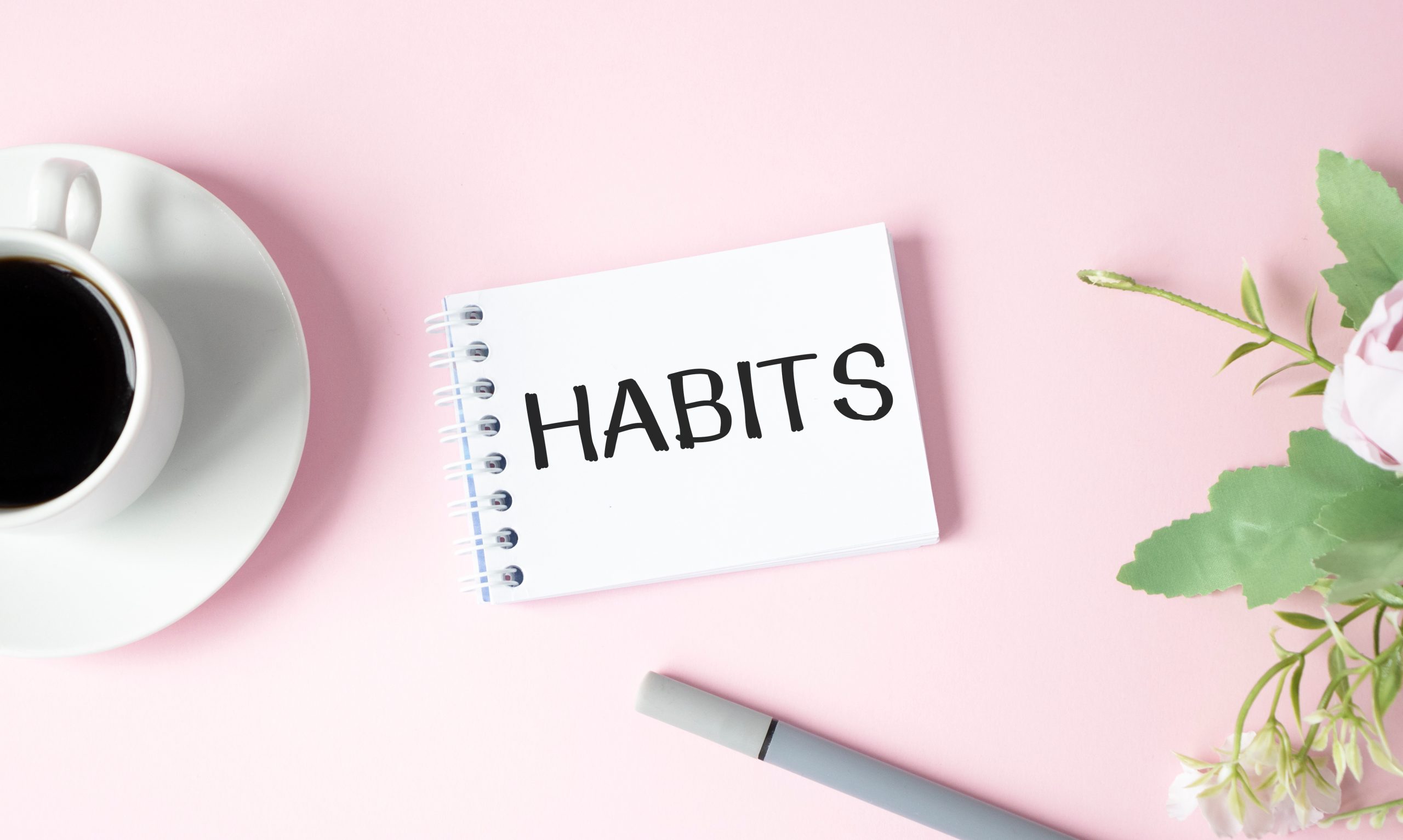Electrolytes, often overshadowed by water’s simplicity, hold the key to optimal hydration and health—yet their timing and necessity remain clouded by marketing myths.
Story Snapshot
- Electrolytes play a crucial role in hydration, especially during intense exercise and illness.
- Experts emphasize individualized needs based on activity level and environmental conditions.
- Routine use of electrolyte drinks may be unnecessary for most healthy adults.
- Misuse of electrolyte products can lead to health imbalances.
The Science Behind Electrolytes
Electrolytes are minerals like sodium, potassium, and magnesium that are vital for nerve function, muscle contraction, and fluid balance. Their importance was first highlighted in medical settings to treat dehydration due to illnesses. This understanding expanded into sports science in the mid-20th century, leading to the creation of sports drinks designed to address the hydration needs of athletes. Over time, these products became popular among the general public, often without a clear understanding of their necessity.
The consumption of electrolytes is most beneficial in specific circumstances. Experts agree that before, during, or after prolonged and intense exercise, electrolyte drinks can help maintain hydration and performance levels. Similarly, during illnesses like diarrhea or vomiting, when the body loses fluids rapidly, these drinks can be crucial. Situations involving heavy sweating, such as sauna use or extreme heat exposure, also warrant their use to replenish lost minerals.
Debunking Myths and Misconceptions
Despite their benefits, routine consumption of electrolyte drinks is often unnecessary for the average person. Most healthy adults who maintain a balanced diet can meet their hydration needs with water alone. The misconception that everyone needs daily electrolyte supplementation stems largely from aggressive marketing rather than scientific evidence. Overuse of these drinks can lead to imbalances, such as excess sodium intake, which can have adverse health effects.
Experts also highlight the importance of individualizing electrolyte intake. Factors like sweat rate, exercise duration, and environmental conditions significantly influence one’s needs. For instance, endurance athletes or those exercising in hot and humid conditions may require more frequent electrolyte replenishment compared to casual exercisers or those in cooler climates.
Guidelines for Optimal Use
Guidelines from health organizations and sports medicine experts suggest that electrolyte drinks are primarily necessary for specific scenarios. These include prolonged exercise sessions, illnesses involving fluid loss, and exposure to extreme heat. For most other situations, including daily hydration and short, light workouts, water and a balanced diet are typically sufficient. This nuanced approach helps prevent the misuse of electrolyte products and encourages a more informed consumer base.
The sports nutrition industry faces a shift towards more evidence-based marketing as awareness of proper electrolyte use grows. This shift could lead to a decrease in unnecessary supplement use and a better public understanding of hydration science. Moreover, healthcare providers anticipate seeing fewer cases of both dehydration and complications from overhydration.
Sources:








